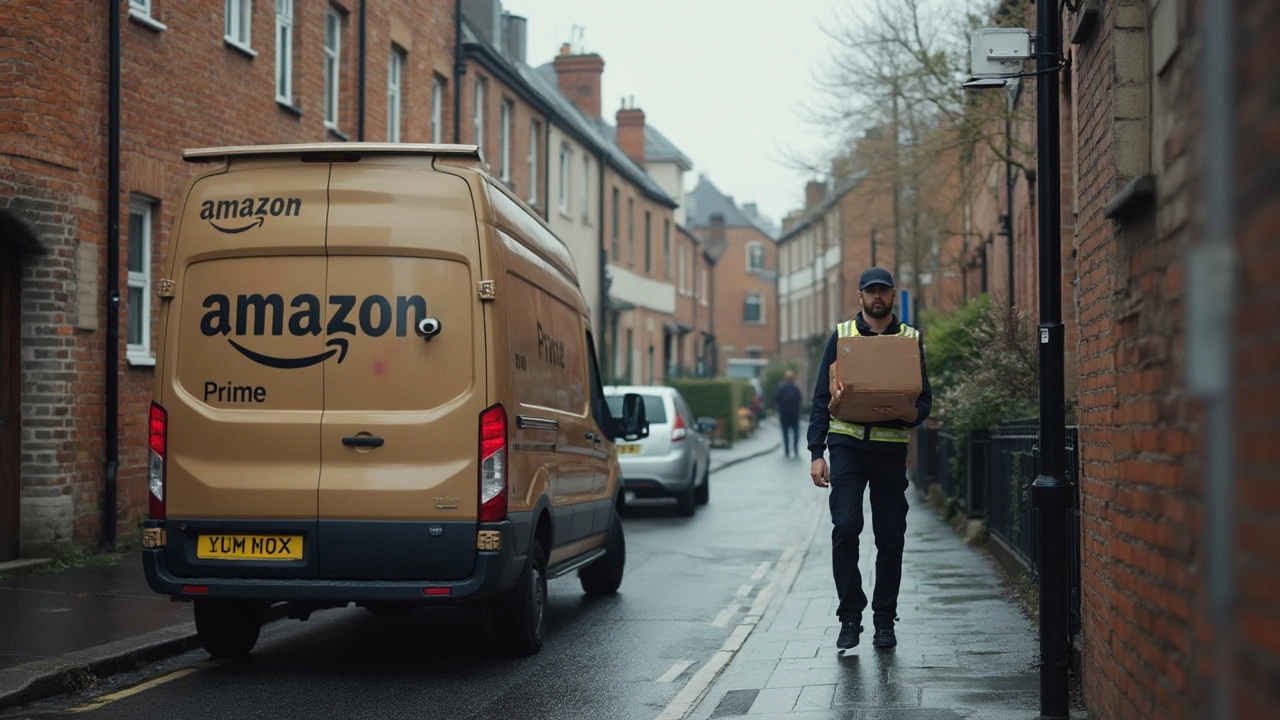Amazon Delivery Process: What Happens After You Click ‘Buy’
Ever wonder why some orders show up in a few hours and others take days? The answer lies in the steps Amazon follows once you hit the checkout button. Knowing the flow helps you set realistic expectations and spot any hiccups early.
Step 1 – Order lands in the system
As soon as you confirm payment, the order is recorded in Amazon’s massive database. The system checks stock, validates your address, and decides which fulfillment centre will handle the item. If the product is in a nearby warehouse, the clock starts ticking faster. If it’s in a distant hub, you may see a longer delivery window.
Step 2 – Picking and packing
Warehouse workers, or robots, receive a pick list that tells them exactly where each item sits. They pull the product, scan it, and place it on a conveyor. Next, a packing station measures the dimensions, adds bubble wrap or padding, and prints a shipping label with a unique tracking code. This label links back to the order, so you can watch every move in real time.
Amazon uses different packaging strategies to keep costs low and speed high. Small items go into poly bags, while larger items get cardboard boxes with reinforced corners. If the item qualifies for Amazon Prime’s free same‑day or two‑hour delivery, it gets routed to a nearby fulfillment centre that promises ultra‑fast dispatch.
Step 3 – Handoff to the carrier
Once packed, the parcel joins a batch headed for a carrier. Amazon works with its own network, Amazon Logistics, and third‑party carriers like UPS, DHL, and local couriers. The choice depends on size, destination, and the service level you bought. The carrier scans the package, confirming it’s in their hands, and updates the tracking page.
If the delivery is slated for same‑day, the carrier’s driver usually picks it up within an hour. For standard Prime shipping, the package may spend a night at a sortation centre before heading out. Throughout the journey, each scan adds a timestamp to the tracking feed you see in your Amazon account.
Step 4 – Last‑mile delivery
The final leg is the most visible part – the driver’s door‑to‑door drop. Amazon drivers often carry handheld devices that show the optimal route, so they can fit multiple stops into a short window. If you live in a high‑rise building, the driver may use a lift or knock on the concierge desk. Some areas even get a “Amazon Hub” locker where you can pick up the parcel at your convenience.
When the driver marks the package as delivered, the tracking status changes to “Delivered” and you receive a notification. If you’re not home, the driver may leave it in a safe spot or with a neighbor, depending on the delivery instructions you set.
Tips to keep the process smooth
- Double‑check your address before you place the order. A missing apartment number can delay delivery.
- Use Amazon’s “Add Delivery Instructions” field for gate codes or preferred drop‑off spots.
- Track the package in real time via the “Your Orders” page – the status updates every time the package is scanned.
- If you need a specific delivery window, consider choosing “Amazon Day” or “Lockers” when available.
Understanding these steps makes the whole experience feel less mysterious. Whether you’re waiting for a Prime gadget or a gift, you now know exactly what’s happening behind the scenes. Happy shopping, and enjoy the speed that Amazon’s logistics network can bring to your doorstep.
Amazon Last Mile Delivery Explained: How Packages Reach Your Door Fast
Discover how Amazon last mile delivery works, the technology behind it, and tips for smooth package arrivals at your door. Packed with facts for savvy shoppers.
© 2026. All rights reserved.

